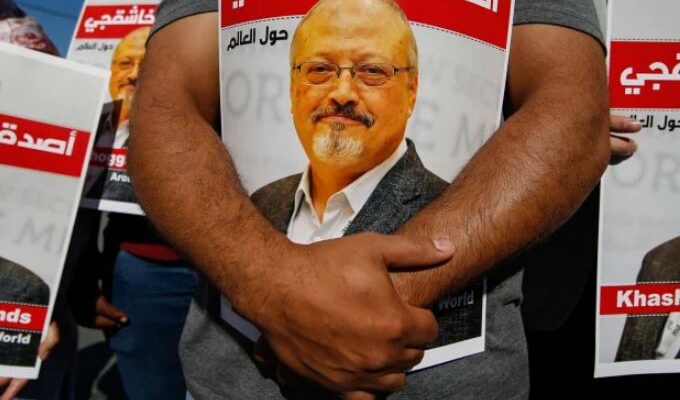Last weekend I attended a small private lunch for Henry Kissinger to celebrate his 100th birthday. To think that Kissinger was born in the same year Billy Hughes was replaced by Stanley Melbourne Bruce as our prime minister. Kissinger is physically fragile, but his mind is still razor sharp.
Kissinger is a strategic thinker. He once said you can’t be an effective foreign minister if you haven’t developed a strategic plan before taking up the job. Kissinger’s greatest strategic play was to drive the Nixon administration’s policy to recognise China thereby isolating the Soviet Union. This substantially circumscribed Soviet power and influence and was the first step towards the final collapse of the Soviet Union.
But these days, US foreign policy doesn’t have a lot of strategy behind it. Of course, its support for Ukraine has been effective and essential. The Biden administration deserves a lot of credit for rallying NATO and other allies such as Australia to Ukraine’s side.
But elsewhere, it’s hard to discern any strategic plan. Take the Middle East. The United States needs to build and maintain alliances throughout the region. These days, the Americans should have two priorities there. First, to ensure that Israel remains secure within its borders and secondly to contain the power of Iran. After all, Iran is not just committed to the elimination of Israel in its present form but practices what it preaches by arming and funding the extremist Palestinian entity, Hamas. It has also armed Hezbollah in Lebanon including with thousands of rockets directed at Israel and done its best to destabilise post-war Iraq and Yemen.
Read the article by Alexander Downer in the Financial Review.

